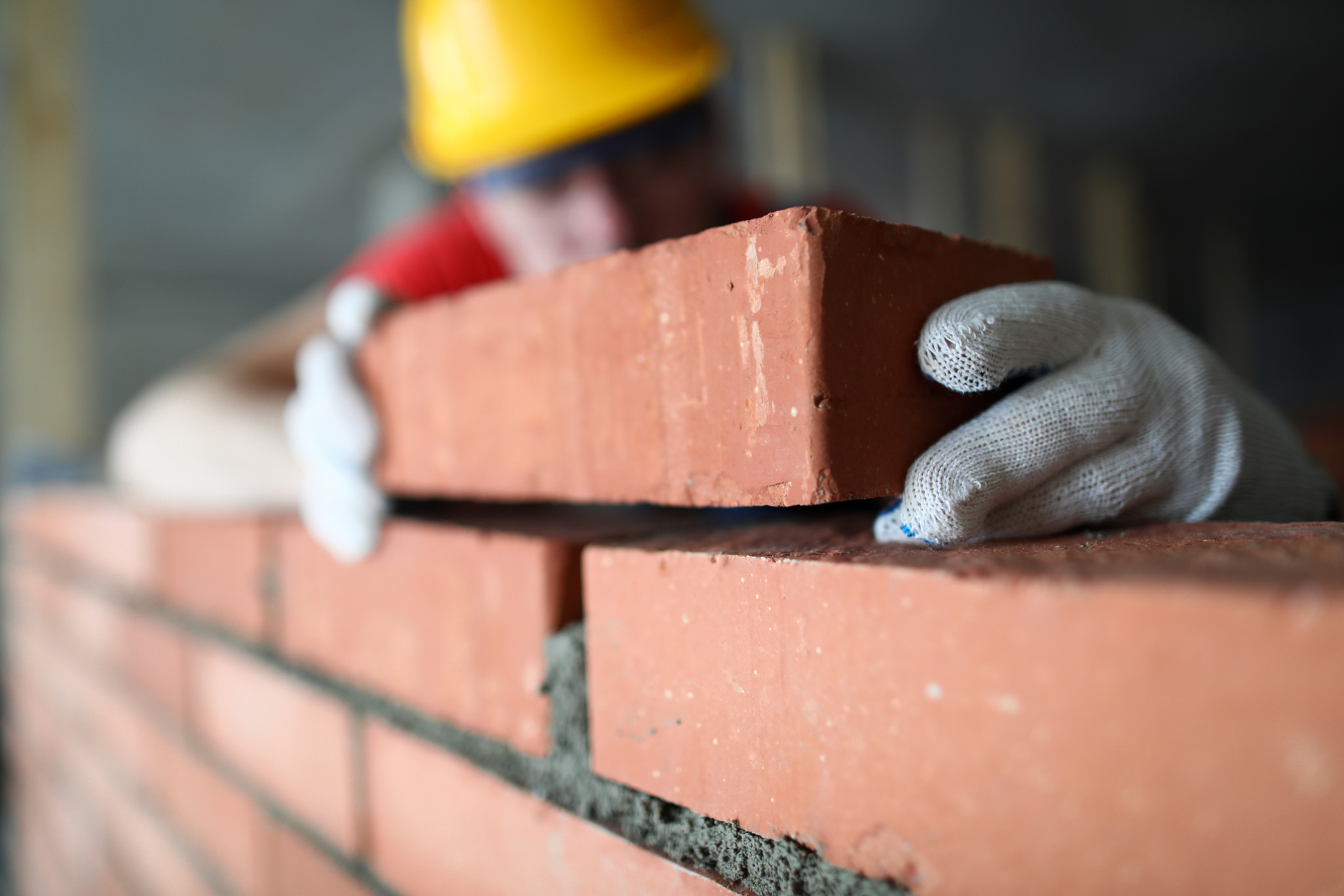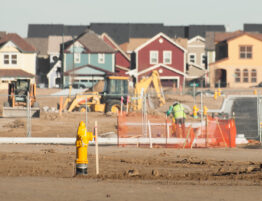
In recent years, it’s not often been possible to talk about the supply of any building materials without including the word ‘shortages’.
Finally that seems to have changed as it’s now being reported that, with a slowdown in housing developments, stocks of bricks and some other construction materials are on the rise.
In this week’s blog, we’re reporting on what industry leaders are saying about product demand and supply in the sector.
Tipping the balance
Over the past month, there has been a lot of improvement in the balance of product demand and supply, with good availability for most construction products, as well as prices becoming less volatile.
This is reported to be because there has been a general slowdown in housing starts, meaning demand for materials has fallen. That tips the balance up on the supply side where manufacturers have been able to rebuild stock.
According to the Construction Leadership Council’s Product Availability Working Group, the slowdown has allowed brick manufacturers, in particular, to rebuild stocks to their highest levels since May 2021. While there are some exceptions, manufacturers are reporting up to 8 weeks supply for most brick types at the current demand levels.
What about other products?
On the list of those that have improved stock levels are gas boilers where availability has increased by over 20% in January 2023 when compared with the same time a year ago.
Supplies of timber are also good with the UK currently having large stocks of most grades. While there are some exceptions, notably birch plywood and Siberian larch cladding which come from Russia, there are substitute products available.
Unfortunately, it’s not all good news and some construction product areas are still facing supply challenges. For example, wholesalers in the electro-technical sector report their number one operational challenge is “product availability and price issues” with longer lead times experienced for solar products including inverters, batteries and mounting systems.
The supply and pricing of EV chargers is another area of concern with the problems here being linked to regulatory changes.
The year ahead
A demand has slowed, some suppliers of construction materials have deferred making price increases and that has largely led to inflation in this market stabilising.
In their statement, co-chairs of the Product Availability Working Group, John Newcomb and Peter Caplehorn, made this assessment of what might occur with the supply and prices of materials over the year ahead:
“Gas prices appear to be easing and many larger energy intensive manufacturers have likely hedged a high proportion of their energy costs for the year ahead. Nonetheless, the impact on manufacturers from high energy costs often takes months to feed through to product prices – especially for energy-intensive products and materials – so the volatility from late 2022 may still be felt into the spring. Inflationary pressures on other costs, especially labour, continue and may well impact prices later in the year.
“The Product Availability Group is monitoring potential impacts from the earthquake in Turkey that could disrupt supply chains. While nothing major has been reported to date, Turkey is one of the world’s largest exporters of raw iron bars and Turkish ports are key connections for steel rebar and structural steel global trade. There may be longer term ramifications, for both materials and labour, when rebuilding begins.”
27.02.2023
Feature image: Freepik








